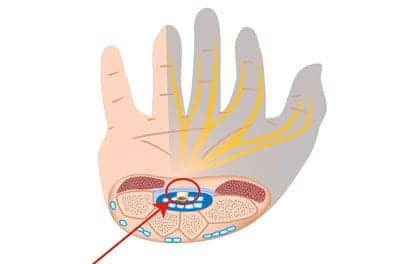
The release notes that based upon the Braden Scale, researchers rated all subjects as having moderate to high risk of pressure ulcers.
The researchers reportedly divided participants into groups that received repositioning every 2, 3, or 4 hours for 3 weeks while lying on high-density foam mattresses. Participants were supplemented with normal activities including standing, bathing and going to therapy in addition to the conventional care and prevention measures (including heel protector boots, barrier creams, and incontinence briefs).
In response to the study’s results, researchers state that they observed, “no difference in [pressure ulcer] incidence over 3 weeks of observations between those turned at 2, 3, and 4-hour intervals.” APTA reports that the researchers attribute these results to the use of newer high-density foam mattresses, which they maintain, “effectively redistribute pressure” better than standard spring mattresses.
Source: APTA





